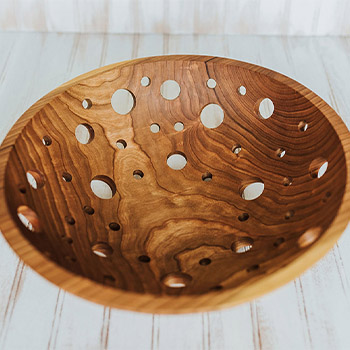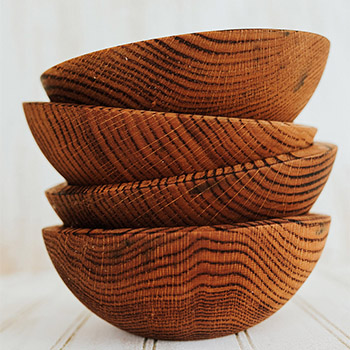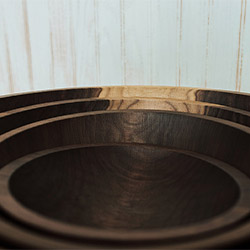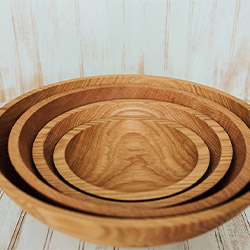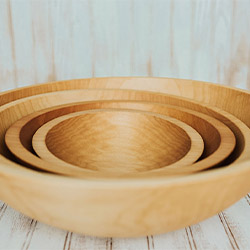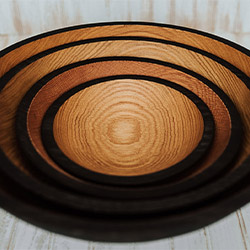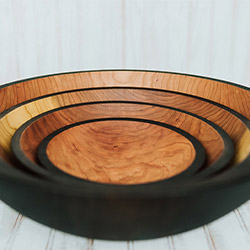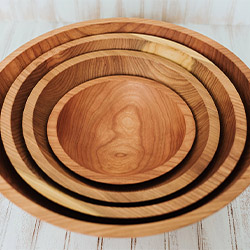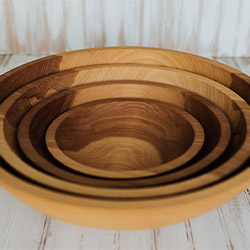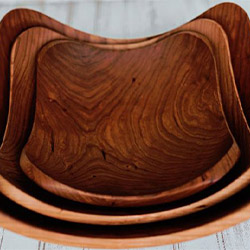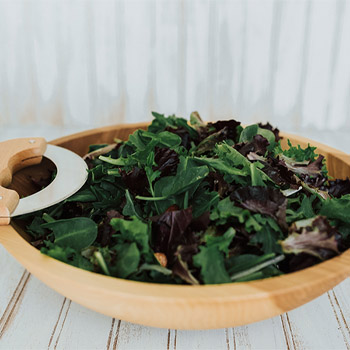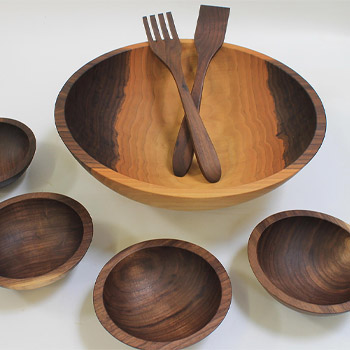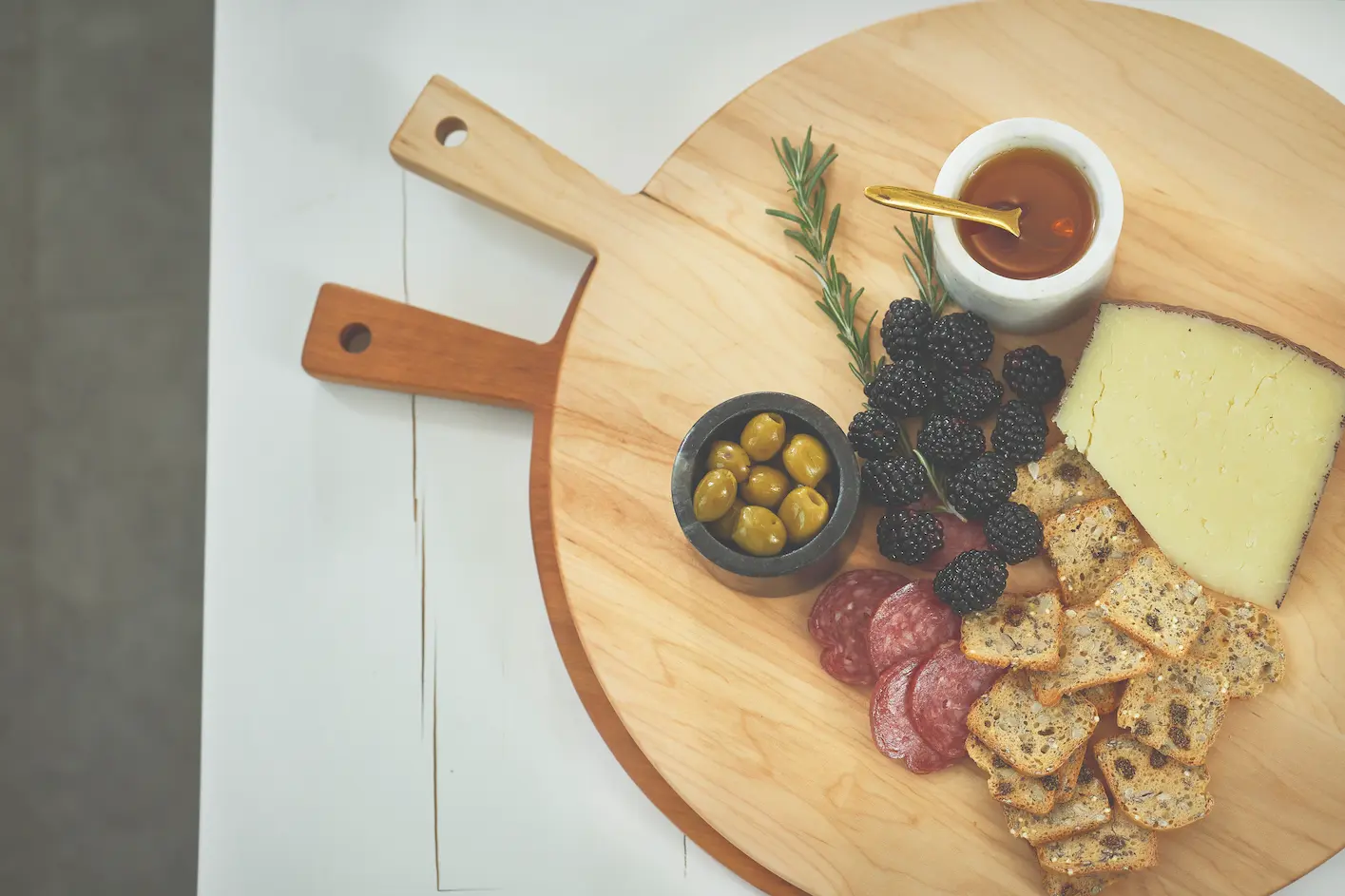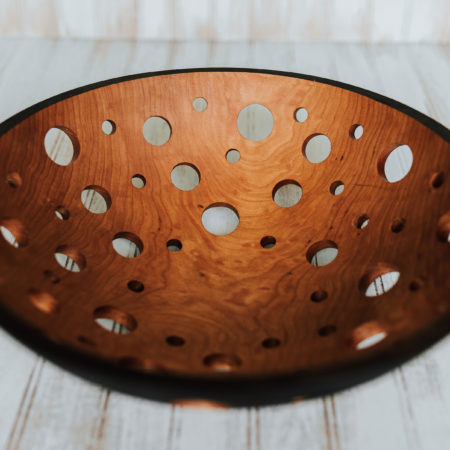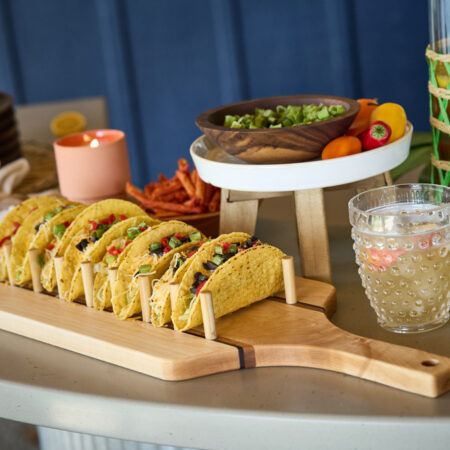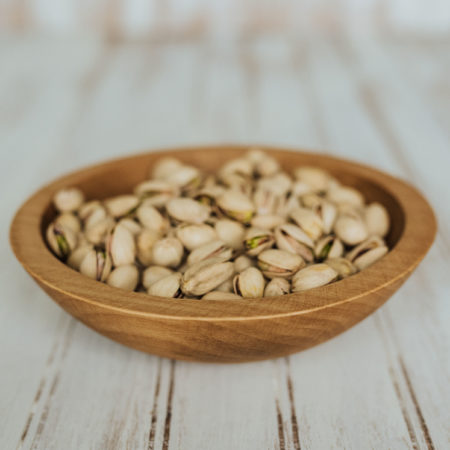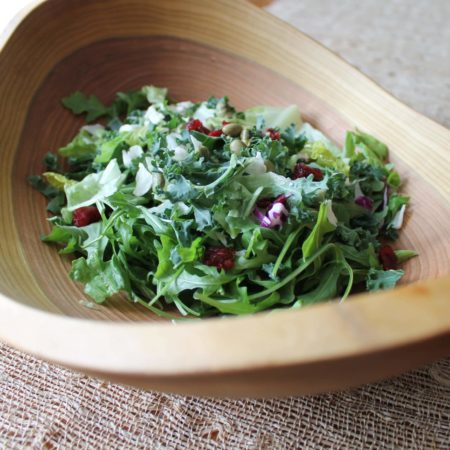Did you know Michigan has a long history of producing high-quality wooden products, including sustainable wooden bowls? As you explore the intricacies of wholesale manufacturing in this industry, you might be surprised by the unique blend of tradition and innovation that Michigan manufacturers bring to the table. Stay tuned to uncover essential insights into sourcing sustainable wood, mastering crafting techniques, and managing marketing strategies specific to Michigan’s wooden bowl manufacturing sector.
Key Takeaways
- Emphasize eco-friendly wood sourcing practices in Michigan.
- Highlight traditional craftsmanship and innovative design techniques.
- Ensure sustainable manufacturing processes for minimal environmental impact.
- Establish strong marketing strategies to target wholesale buyers effectively.
- Promote Michigan’s woodworking heritage and commitment to sustainability.
Sustainable Wooden Bowls: A Brief Overview
When considering the production of sustainable wooden bowls, it’s important to evaluate the environmental impact of the manufacturing process from start to finish. Utilizing eco-friendly materials and emphasizing handmade craftsmanship are key aspects of sustainable practices in this industry. By choosing materials that are renewable, biodegradable, and sourced responsibly, manufacturers can greatly reduce their environmental footprint.
Incorporating eco-friendly materials like bamboo, reclaimed wood, or FSC-certified timber into the production of wooden bowls enhances the final product’s sustainability and appeals to environmentally conscious consumers. Handmade craftsmanship adds a personal touch and ensures that each bowl is unique, further increasing its value and desirability in the market.
Implementing sustainable practices throughout the manufacturing process, from material sourcing to production and packaging, is essential for reducing waste, energy consumption, and overall environmental impact. By adopting these practices, manufacturers can’t only meet the growing demand for eco-friendly products but also contribute to the preservation of our planet for future generations.
Sourcing Sustainable Wood for Bowls
To secure the sustainability of your wooden bowl manufacturing process, selecting ethically sourced wood is paramount for minimizing environmental impact and meeting the demands of eco-conscious consumers. When sourcing wood for your bowls, consider the following:
- Ethical Harvesting: Secure the wood is sourced from forests where trees are harvested responsibly, without causing harm to the ecosystem or local communities.
- Eco-Friendly Practices: Look for suppliers who follow sustainable forestry practices and use environmentally friendly methods in the wood extraction process.
- Local Sourcing: Opt for wood sourced locally to reduce carbon emissions associated with transportation and support the local economy.
- Forest Stewardship: Choose suppliers certified by organizations like the Forest Stewardship Council (FSC) to ensure the wood comes from responsibly managed forests.
Crafting Techniques for Wooden Bowls
Crafting high-quality wooden bowls requires a mastery of traditional woodworking techniques combined with innovative design approaches to create durable and visually appealing products. Woodturning is a key technique used in crafting wooden bowls, where skilled artisans shape the wood while it spins on a lathe. This method allows for precise and symmetrical designs, resulting in bowls that aren’t only functional but also aesthetically pleasing. Hand carving is another essential technique that adds a unique touch to wooden bowls. Artisans carefully carve intricate patterns and textures into the wood, creating one-of-a-kind pieces that showcase the beauty of natural materials.
The combination of woodturning and hand-carving techniques results in wooden bowls that stand out for their craftsmanship and attention to detail. These techniques not only contribute to the overall quality of the product but also highlight the artisan’s skill and dedication to their craft. By mastering these traditional woodworking techniques and incorporating innovative design elements, artisans in Michigan can create sustainable wooden bowls that appeal to a wide audience seeking high-quality, handcrafted products.
Michigan’s Role in Wooden Bowl Manufacturing
Michigan’s contribution to the wooden bowl manufacturing industry is underscored by its rich tradition of woodworking craftsmanship and innovative design practices. The state’s history of woodworking dates back to the 19th century, with artisans honing their skills and passing down techniques through generations. Michigan’s focus on sustainable practices has led to a positive environmental impact, making it a hub for eco-friendly wooden bowl manufacturing.
- Historical Significance: Michigan’s history of woodworking craftsmanship has contributed to the state’s reputation for producing high-quality wooden bowls with intricate designs.
- Innovative Design Practices: Michigan artisans are known for their innovative approaches to wooden bowl manufacturing, incorporating modern design trends while preserving traditional techniques.
- Environmental Sustainability: Michigan’s emphasis on sustainable practices, such as using locally sourced wood and eco-friendly finishes, reduces the environmental impact of wooden bowl manufacturing.
- Community Impact: The wooden bowl manufacturing industry in Michigan not only supports local artisans and businesses but also fosters a sense of community among woodworking enthusiasts.
Marketing and Selling Wholesale Wooden Bowls
With a strategic marketing approach, maximizing visibility and targeting the right audience are essential for successfully selling wholesale wooden bowls in Michigan. When it comes to pricing strategies, it’s vital to conduct market research to understand competitors’ pricing while ensuring your pricing reflects the value of your wooden bowls. Distribution channels play a significant role in reaching retailers efficiently. Consider partnering with local stores, attending trade shows, or utilizing online platforms to expand your reach.
Building strong customer relationships is key to fostering repeat business and gaining referrals. Provide excellent customer service and consider implementing loyalty programs to encourage customer retention. Branding strategies should focus on highlighting the unique aspects of your wooden bowls, such as craftsmanship or sustainability practices, to differentiate yourself in the market.
Summary
Michigan manufacturers have the opportunity to lead the way in producing sustainable wooden bowls that showcase traditional craftsmanship and promote eco-friendly practices.
By sourcing ethically harvested wood and mastering woodworking techniques, they can create visually appealing products with a positive environmental impact.
With the right marketing strategies and distribution channels, these manufacturers can build strong customer relationships and maximize visibility in the wholesale market, ensuring long-term success and growth.
Let your creativity carve a path to a greener tomorrow.
